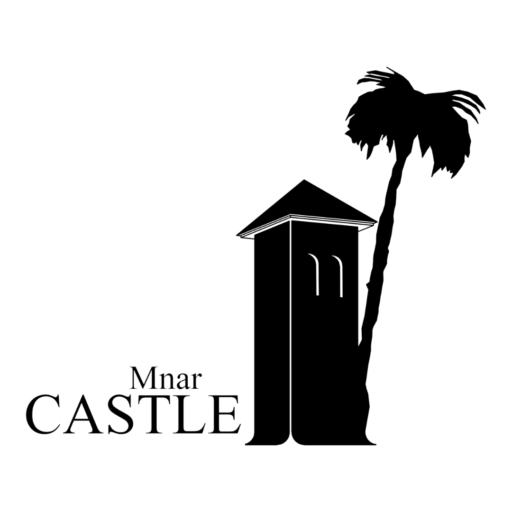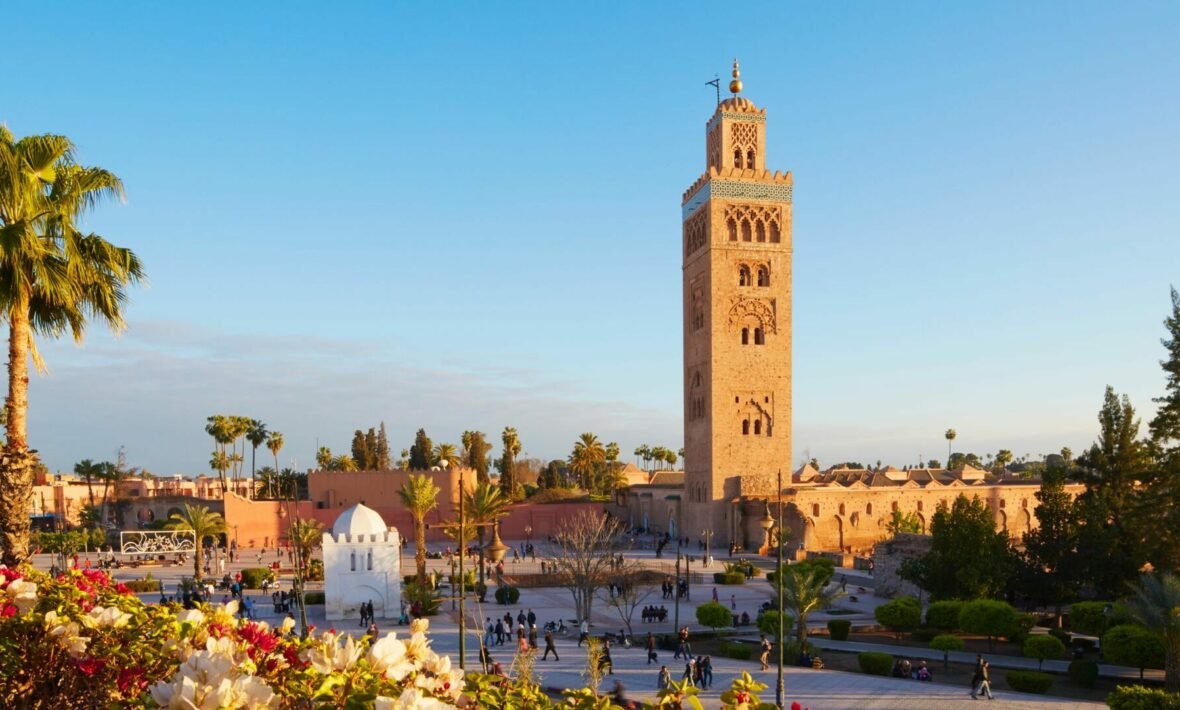Moroccan Language: A Guide for Tourists Exploring Morocco
Morocco is a country where history, culture, and languages intertwine, creating a unique and vibrant experience for visitors. From the winding alleys of Marrakech’s medina to the serene landscapes of the Atlas Mountains, the way people communicate reflects the country’s rich heritage. Language plays a key role in navigating Morocco, whether you are bargaining in souks, ordering traditional dishes, or engaging in conversations with locals. While many Moroccans speak multiple languages, understanding the linguistic landscape can enhance your travel experience, help you connect with people, and make your journey more authentic. This guide provides an in-depth look at the Moroccan language, essential phrases for tourists, and practical tips to help you communicate effortlessly during your visit.
We’re here to help! Message us on WhatsApp, and a team member will assist you personally.
1. The Languages of Morocco: A Cultural Blend
Morocco’s linguistic diversity is deeply rooted in its history, shaped by indigenous Berber (Amazigh) civilizations, Arab conquests, French and Spanish colonial influences, and globalization. Here are the main languages you will encounter:
Darija (Moroccan Arabic): The Everyday Language
Darija is the most widely spoken language in Morocco and serves as the common dialect among locals. Unlike Standard Arabic, which is used in formal settings, Darija is an informal, fast-paced mix of Arabic, Berber, French, and Spanish. While it is not typically written, learning a few words can greatly improve your interactions.
Tamazight (Berber Languages): The Indigenous Voice
Tamazight, also known as Berber, is spoken by Morocco’s indigenous population, particularly in rural areas and the Atlas Mountains. It is one of Morocco’s official languages and has its own script, Tifinagh. Travelers heading to Berber villages may find it helpful to learn basic Tamazight greetings.
French: The Language of Business and Luxury
French is widely spoken, particularly in business, education, government, and high-end establishments. Visitors staying in luxury hotels, dining at fine restaurants, or engaging in business meetings will notice that French is often the preferred language of communication.
Spanish: Common in the North
Due to Morocco’s historical ties with Spain, Spanish is commonly spoken in the northern regions, including Tangier, Tetouan, and Chefchaouen. Travelers fluent in Spanish will find it easier to communicate in these areas.
English: Gaining Popularity
English is increasingly spoken, especially among younger Moroccans and in major tourist areas. However, outside of cities, proficiency in English can be limited.
2. Essential Moroccan Language Phrases for Tourists
Speaking a few words in the local language can make a significant difference in how you experience Morocco. Here are some key Moroccan Arabic (Darija) phrases that will help you communicate:
Greetings and Politeness
- Salam Alaikum – Peace be upon you (Hello)
- Wa Alaikum Salam – And peace be upon you (Response to greeting)
- Labas? – How are you?
- Bikhir, shukran – I’m fine, thank you
- Shukran – Thank you
- Afak – Please
Shopping and Bargaining
- Bshal hada? – How much is this?
- Rkhis shwiya – Can you lower the price?
- Safi, shukran – No, thank you (Useful when declining offers)
- Mazal ghali – Still too expensive
Getting Around
- Fin kayn…? – Where is…?
- Ana daye’ – I’m lost
- Shhal b’id…? – How far is…?
- Wakha – Okay / Alright
Eating Out
- Men fadlak, brit nakoul… – Please, I would like to eat…
- Wash andi mumkin nchoof le menu? – Can I see the menu?
- Hada bnin bzaf! – This is very delicious!
Mastering these basic expressions can improve your experience, making interactions with locals more engaging and enjoyable.
3. Moroccan Language Tips for a More Authentic Travel Experience
Use a Mix of Languages
Moroccans often switch between languages in a single conversation. You might hear a mix of Darija, French, and even English in cities. Be prepared for language blending when communicating.
Gestures and Non-Verbal Communication Matter
If you struggle with language barriers, hand gestures and facial expressions can help get your message across. Moroccans are expressive and often use body language to emphasize their words.
Practice Simple Darija Phrases
Even if you only learn a few words, speaking in Darija can leave a positive impression. Locals appreciate the effort and may offer better service in return.
Use French in High-End Settings
In luxury hotels, fine dining restaurants, and business meetings, French is commonly used. Being familiar with basic French phrases will enhance your interactions in these settings.
Be Patient and Smile
Language barriers can sometimes lead to misunderstandings. A friendly attitude and a smile can help overcome communication challenges and create positive experiences.
4. How the Moroccan Language Enhances Your Adventure
Understanding Morocco’s linguistic diversity can enrich your travels in many ways:
- Navigating Souks with Confidence: Speaking Darija while bargaining in local markets can help you get better deals and more authentic souvenirs.
- Connecting with Locals: A simple “Salam Alaikum” can turn a brief encounter into an invitation for mint tea, offering a glimpse into Moroccan hospitality.
- Exploring Rural Areas: In the Atlas Mountains and Berber villages, knowledge of Tamazight phrases can foster meaningful connections with locals.
- Immersing in the Culture: Ordering food in Darija, greeting hotel staff in French, or chatting with artisans in souks adds depth to your travel experience.
5. Planning Your Trip: Language-Friendly Travel Tips
- Download Translation Apps: Google Translate and the “Darija App” can be helpful for quick translations.
- Hire a Local Guide: A bilingual guide can provide deeper cultural insights and assist with communication.
- Stay in a Riad: Many riad owners speak multiple languages and offer a more personalized experience than larger hotels.
- Engage with Taxi Drivers: Taxi drivers often chat with tourists and can be a great way to practice your Darija skills.
Language as the Key to a Memorable Moroccan Experience
Morocco’s blend of languages is a reflection of its rich cultural heritage. While French and English will help you navigate tourist areas, learning a few words in Darija can transform your trip, opening doors to genuine connections and authentic moments. Whether you are bargaining in a Marrakech souk, exploring the blue streets of Chefchaouen, or sipping tea in a Berber home, language will be your bridge to a deeper and more meaningful adventure.
Want priority assistance? Message us on WhatsApp, and we’ll help you right away!



